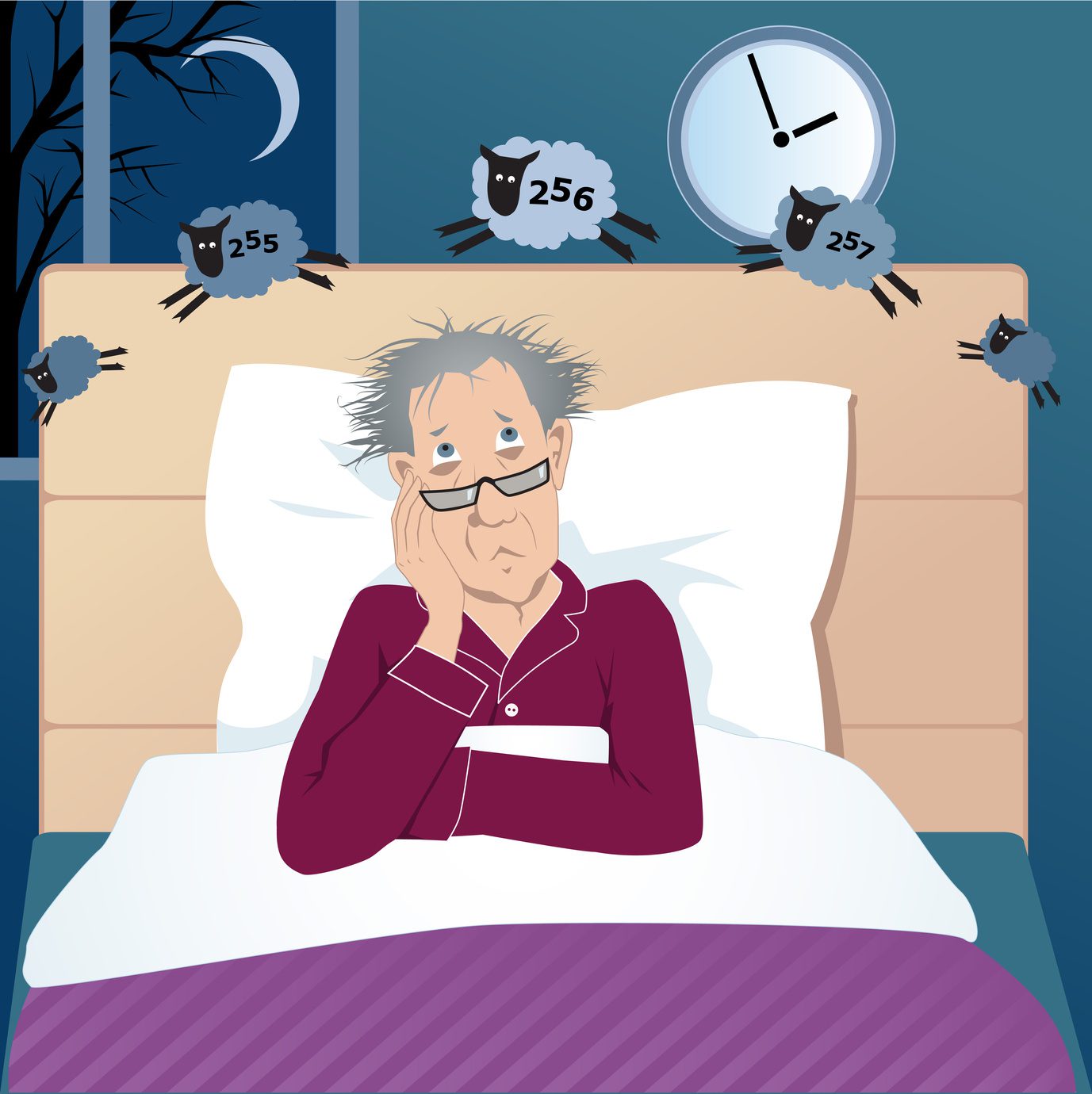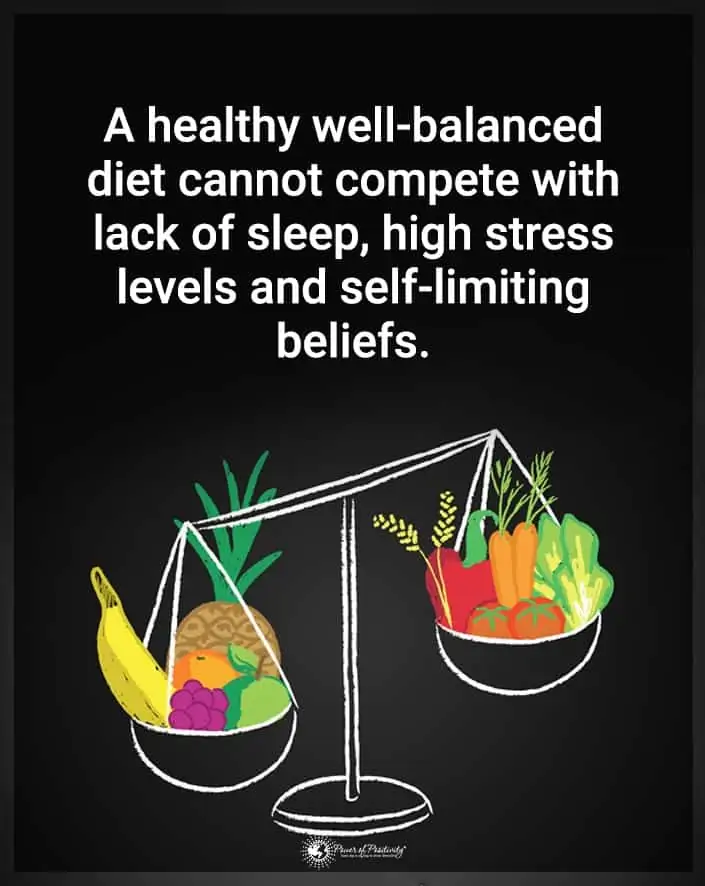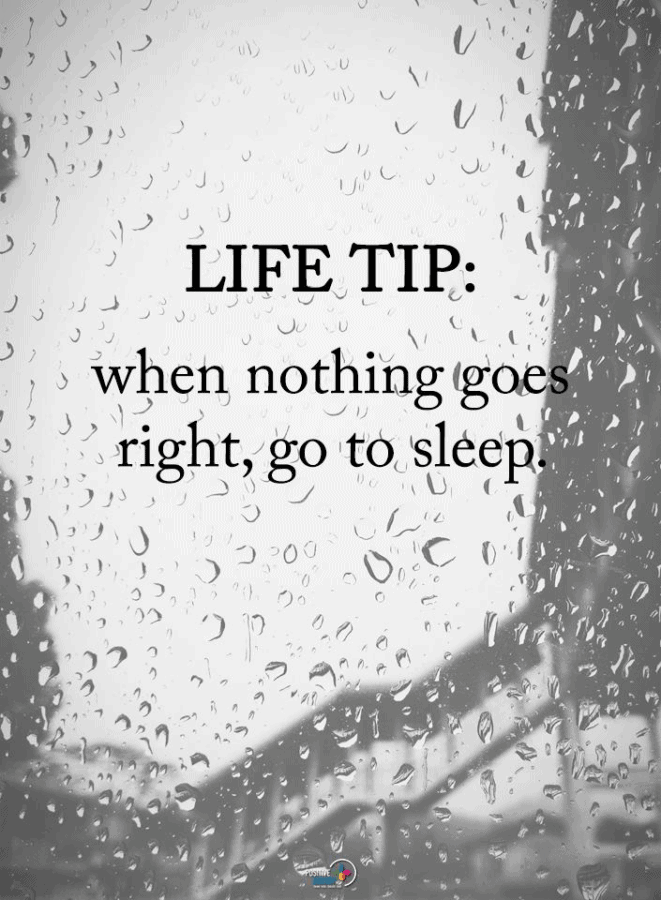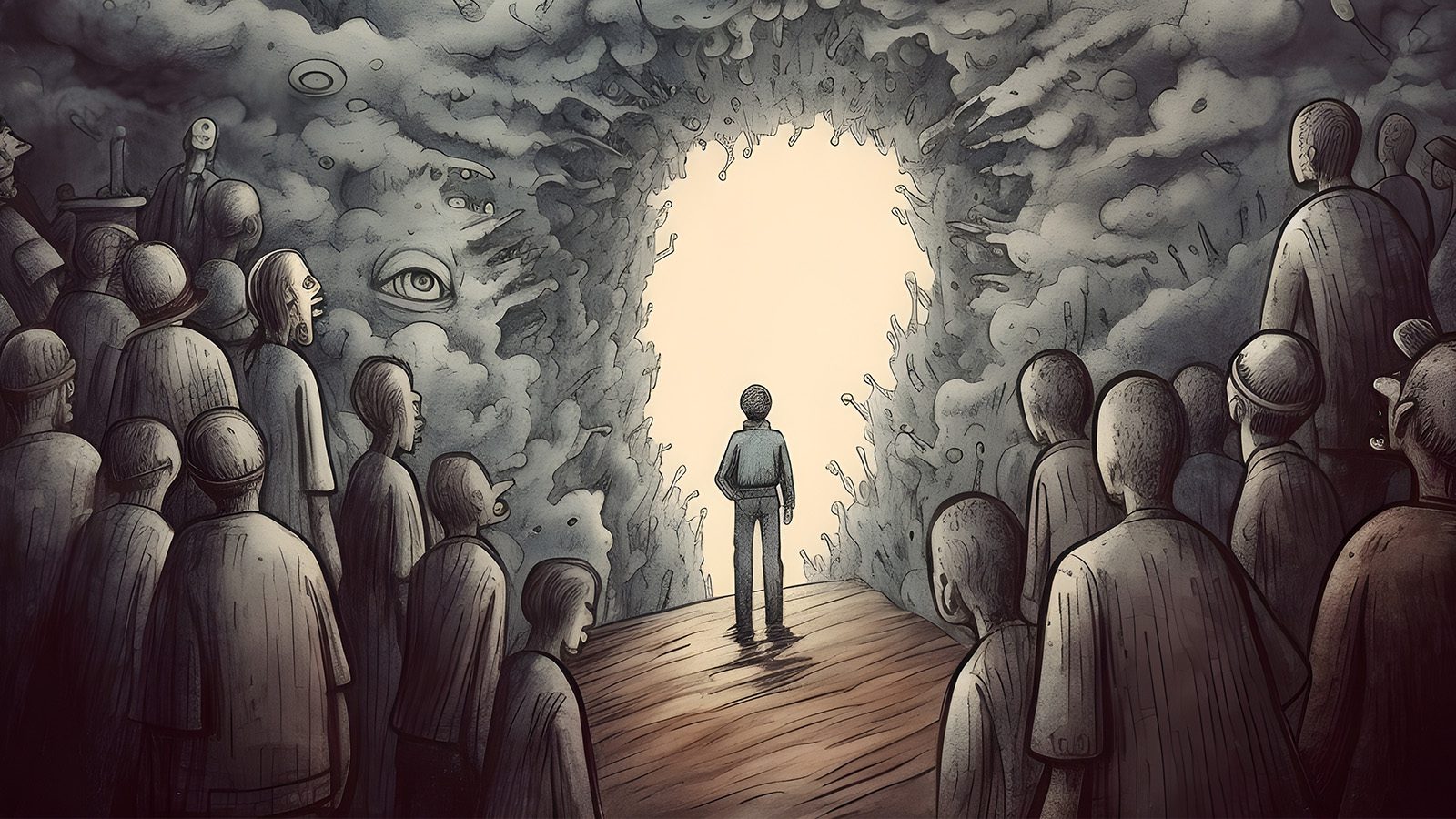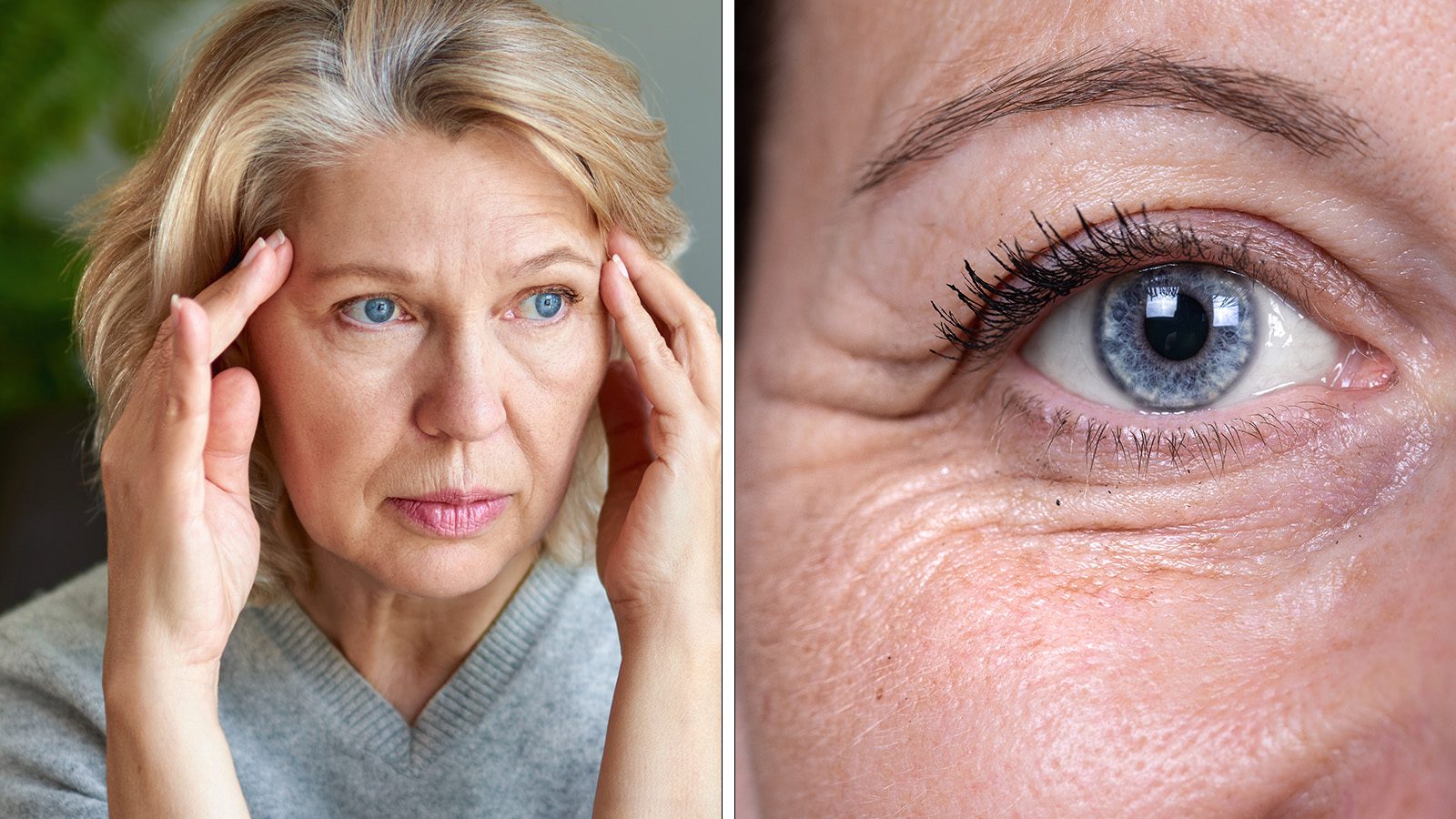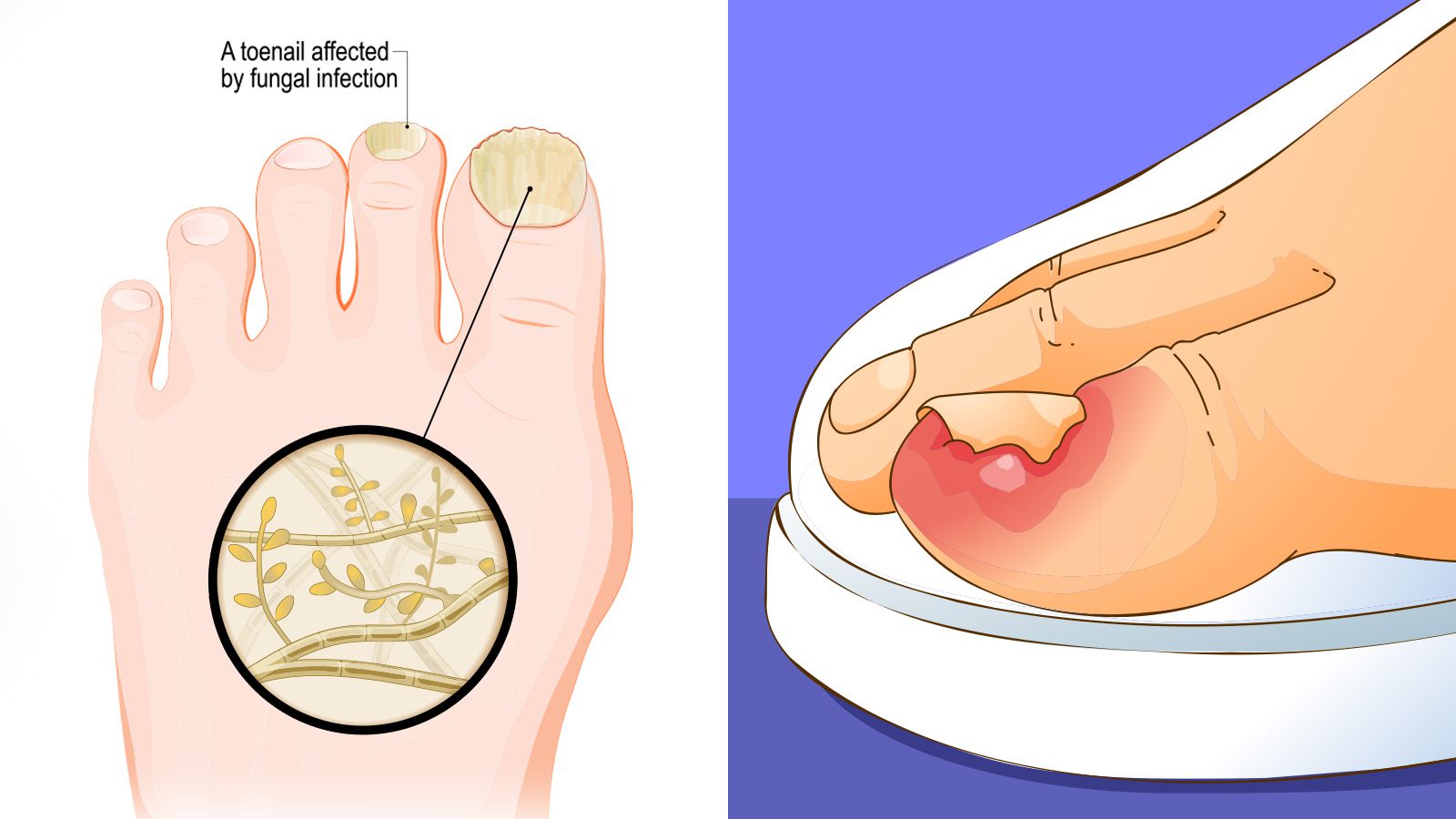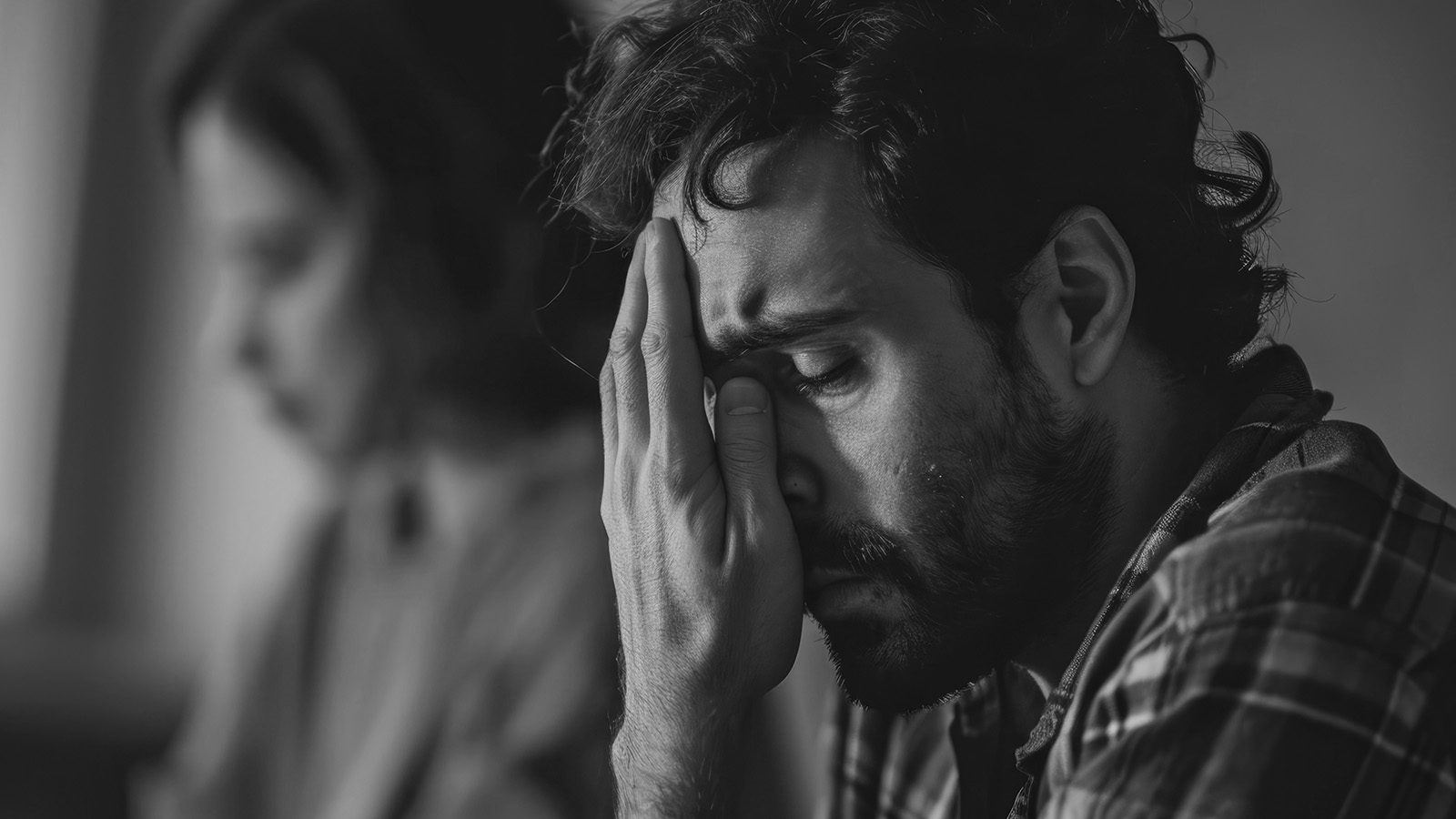Sleep, or a lack of it, often makes headlines lately. That’s because sleep deprivation is an epidemic in our society.
With one in three Americans starting each day in a sleep-deprived state, it’s no wonder it’s a topic of conversation. When we are well-rested, we are more productive and healthier, and we feel better. Yet, we still find it challenging to squeeze everything we need to do into our day, and we end up staying up late or waking up early to get it all done.
How Much Sleep Do We Need?
The National Sleep Foundation released a revised recommendation report about the amount of slumber required based on age.
The new recommendations are:
Older adults, 65+ years: 7-8 hours
Adults, 26-64 years: 7-9 hours
Young adults, 18-25 years: 7-9 hours
Teenagers, 14-17 years: 8-10 hours
School-age children, 6-13 years: 9-11 hours
Preschool children, 3-5 years: 10-13 hours
Toddlers, 1-2 years: 11-14 hours
Infants, 4-11 months: 12-15 hours
Newborns, 0-3 months: 14-17 hours
There are times when getting enough rest isn’t an option. You might have a critical report is due, someone is sick and needs care, or must-attend events are scheduled. So what happens to your body when you aren’t getting the recommended amount of shut-eye?
A team of Norwegian neuroscientists set out to answer this question. After observing sleep-deprived groups in a controlled environment, they found that lack of rest can change the white matter in our brains, and other studies have shown that it can interfere with our genes.
The good news is that our bodies are good at repairing themselves. When we get a good night’s rest following a night of poor slumber, our bodies can repair the brain’s white matter change. But a chronic state of sleep deprivation can create long-term effects.
What Happens To Your Body When You Don’t Sleep Enough
Our brains aren’t the only thing that suffers when we don’t rest enough. Here are several additional ways a lack of rest can affect us.
1. We get sick.
Studies show there is a direct relationship between getting sufficient rest and our immune systems. When we are sleep-deprived, our bodies have a more difficult time fighting off illnesses.
2. We have a hard time thinking.
Experimental Brain Research published a study showing that a lack of slumber contributed to poor decision-making, diminished reasoning and problem-solving skills, and slower reaction times when faced with specific tasks.
3. We gain weight.
A three-year-long study of over 21,000 adults evaluated the relationship between sleeplessness and weight. It found people who slept on average fewer than five hours a night were more likely to gain weight and were also at risk of becoming obese.
4. We physically age quicker.
A study of the nighttime habits and skin condition of people between the ages of 30 and 50 found that those suffering from a lack of proper sleep saw the effects in their skin and were more likely to be unhappy with their appearance. They noticed more wrinkles, fine lines, age spots, and a lack of elasticity in the skin.
5. We hurt our heart health.
Insomnia can negatively impact the health of our hearts. A recent analysis published in the European Heart Journal says coronary heart disease and stroke risks increase when we aren’t sleeping.
6. We are more at risk for cancer.
The American Academy of Sleep Medicine released a statement connecting insomnia epidemic with higher rates of certain cancers, including breast, prostate, and colorectal cancers. It also showed that people who slept longer than seven hours per night had the lowest mortality rates in the group.
7. We have less sex.
The Journal of the American Medical Association published a study that warns how men who get less than five hours per night over one week had lower testosterone levels than their proper-sleeping counterparts. Specifically, it reduced sex hormone levels by as much as 15 percent. Additionally, with each night of poor rest, their appetite for sex declined.
8. We easily forget things.
Researchers have learned that our brain consolidates things when we sleep, making it easier to recall. When we don’t rest, our brain can’t do its job, and our memory suffers.
Sleep isn’t just for looks or even to feel refreshed, although they are benefits to a night of decent night of rest. It’s no exaggeration to say sleeping can save your life. Rethink your next binge-watching session on Netflix and choose a healthier, lights-out option instead.
9. Heart attack risk increases with a lack of sleep.
If you don’t get enough of the deeper stages of slumber, your blood pressure can’t drop as it should. This response means your heart and blood vessels don’t get to rest. Lack of sleep causes your blood pressure to remain high all night and all day. This can lead to a stroke or a heart attack. Studies show that getting at least six to eight hours of sleep per night puts you at a lower risk of a cardiovascular event. If you get less than six hours of rest at night, taking a nap in the daytime can increase your risk of a heart attack. A short nap is safe and healthy for people who get more than six hours of sleep at night.
10. Lose your sex drive when you miss out on sleep.
Less sleep causes your brain to be too tired to focus on anything but survival. Your brain stops producing oxytocin, a chemical that enhances your sex drive. When you get more rest, the oxytocin hormone increase causing your sex drive to increase. If your libido has dropped, maybe you need more rest.
11. Sleep risk can increase type 2 diabetes.
Lack of sleep isn’t directly related to type 2 diabetes, but insulin resistance because of sleep loss is related to type 2 diabetes. Lack of sleep lowers your body’s ability to make insulin, a hormone that controls your blood sugar. If you’re not sleeping enough, the lack of insulin reduces your gluten tolerance. This makes the body’s functions less effective, even though it has to work harder.
12. Poor memory.
Slumber is essential for a healthy, brilliant brain. Sleep deprivation affects your ability to remember things and concentrate. Losing sleep makes it harder to recall details or hang on to information. When you’re tired, it’s hard to focus on reading or writing. Insomnia affects your learning ability at school or work.
13. Weak immune system.
When you sleep well, it increases your immune system, so your body can fight off illnesses. Loss of sleep puts you at a higher risk of infections and viruses. Your body repairs cells while you sleep. Not getting enough sleep means your body can’t repair itself, putting you at a higher risk of infection.
14. Grumpy.
Face it, when you don’t sleep well, you feel irritable. This is because disrupted sleep creates negative feelings. Your body and brain are tired. Things that didn’t bother you before suddenly make you feel grumpy. If you want to feel happier, try to get more sleep.
15. Gain weight.
Researchers found that women who sleep less than five hours per night were 32% more likely to gain weight than women who slept longer. Lack of sleep makes you eat more because your body is trying to keep up its energy. Not getting enough sleep disrupts your hunger hormones, making you feel hungrier. If you’re trying to lose weight, get extra rest.
16. Headache.
Sleep deprivation can also cause headaches. It’s something that doctors have noticed for years but aren’t sure why this happens. It’s a known fact that sleeplessness can lead to migraine headaches for many people, especially for people with sleep apnea.
17. Inflammation.
Doctors associate insomnia with inflammation in your body. Women who report poor quality slumber are more prone to suffering from inflammatory conditions, such as
- Rheumatoid arthritis
- Renal disease
- Digestive problems
- Asthma
- Cancer
- Alzheimer’s disease
18. Lack of energy.
When run on empty, you feel drained. You lack the energy to do everyday things. Insomnia disrupts your productivity at school, home, and work. Sleep gives your body the rest it needs so you can have the energy to tackle your daily life.
19. Increased urination.
Individuals who aren’t sleeping well say they notice an increase in their need to pee at night. This is because when you’re getting enough sleep, your body slows down urine production, so you don’t need to get up as much. When you aren’t sleeping well, your body doesn’t slow down urine production. It speeds up, so you need to get up several times in the night to go to the bathroom.
20. Sleep loss makes you look older.
Sleep is the fountain of youth. Lack of rest affects your aging process. Your skin can’t produce collagen, so you look wrinkled and old. The more rest you get, the more collagen your skin makes, so you look more youthful and fresh-faced.
21. Sleep loss could mean a shorter life span.
Living longer is another benefit of a good night’s slumber. Your body restores itself, builds and regenerates cells, and restores your hormonal balance when you sleep. It also removes toxins that have built up in your body. All these functions add up to a healthier, longer life for you.
22. Eye problems.
Insomnia can lead to various health problems, including eye problems. If you’re not sleeping well, it can cause eye issues, such as
- Double vision
- Tunnel vision
- Dimness
- Visual impairment
23. Tummy troubles.
Studies show that sleep deprivation increases inflammation in your bowels, leading to digestive problems. If you’re not sleeping well, your body can’t remove the toxin buildup, which leads to an increased amount of bacteria forming in your small bowel. This small intestinal bacterial overgrowth (SIBO) is a syndrome that is directly related to lack of sleep. If you’re struggling with stomach issues, maybe you need a good night’s rest.
Final Thoughts on the Sleep Loss Epidemic
Insomnia is a severe problem for many people in the United States. The demands of life, family, and work in the busy society have caused many people to shorten their rest time. Loss of sleep has some significant effects on your health. Ignoring your need for good rest may lead to depression, heart disease, gut problems, and weight gain. It’s essential that you resist the urge to set aside a good night’s sleep. Making restfulness a priority can lead to you having a long, healthy life that you enjoy.

